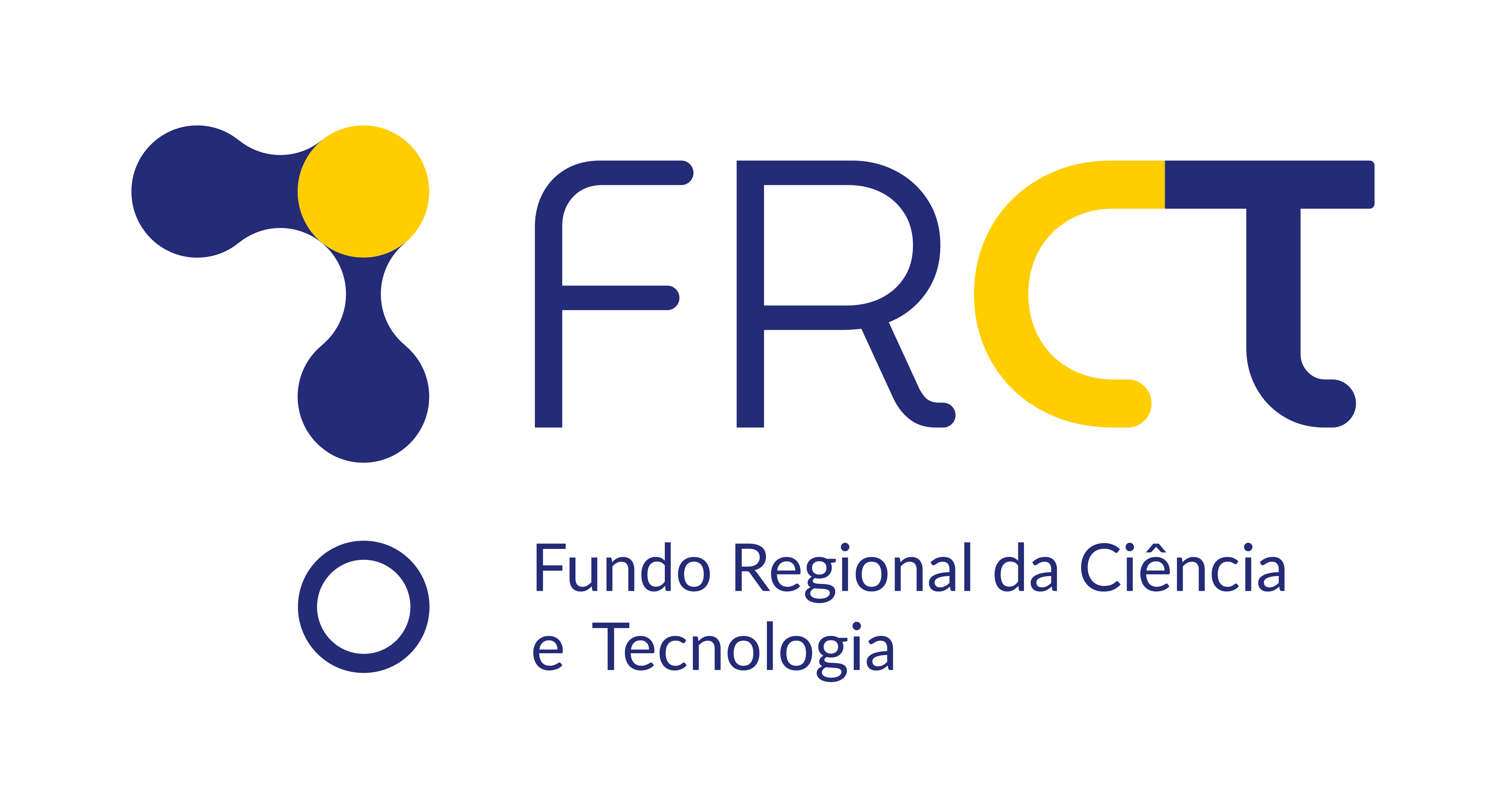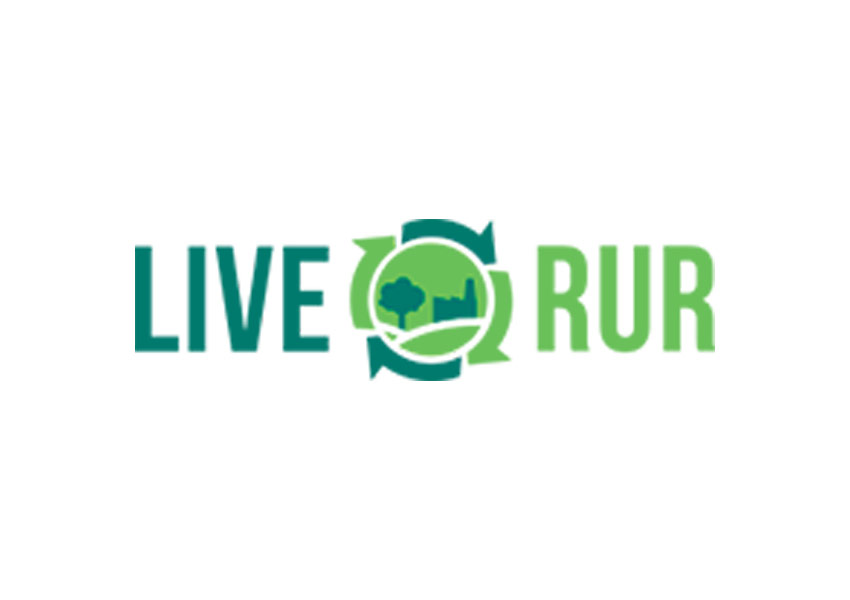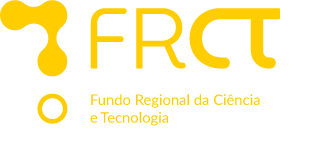- PROGRAMHorizonte 2020 | RIA – Research and Innovation Action
- DURATION36 months (05/01/2018 – 31/04/2021)
- ESTADOCONCLUDED
- GRANT AGREEMENT773757
- TOTAL BUDGET4 107 005€
- FRCT BUDGET171 207,50€
- WEBSITE
LIVERUR
Living Lab Research Concept in Rural Areas
Aim of the project
LIVERUR aims at expanding an extremely innovative business model called Living Labs among the rural regions.
Living labs are user-centred, open-innovation ecosystems often operating in a territorial context, integrating concurrent research and innovation process within a public-private partnership. The basis for the strategic development of a rural Living Lab is in establishing a sustainable stakeholder partnership; users, policy-makers, companies, researchers enter into agreements on the basis of which they may engage in longer-term collaboration.
However, a successful Living lab business design can be expected to be highly affected by the specific context of the Living Lab rural environment and by its specific objectives and ambitions. LIVERUR project identifies Living Labs as innovative business models that are currently developing in rural areas, and it will undertake socioeconomic analysis to identify, describe and benchmark differences between the new Living Lab approach and more entrepreneurial traditional approaches (mass production, development of prices, optimising the cost structures with the enterprises, rationalisation). LIVERUR project pays particular attention to Living Labs since they foster a more sustainable mobilisation of resources, improved cooperation between operators along the value chain and lead to new services. Living Lab utilizes the open innovation concept in a wider sense, with success/failure rate determined by empirically based research key factors.
Since there is still a lack of empirically grounded studies, the short-term objective of LIVERUR is to improve knowledge of business models growing in rural areas, including a thorough understanding of their potential. In the long term, the project will increase the potential for rural economic diversification.
Impact on the Azores Region
FRCT is the leader of the work package 5 – Pilot areas to test new business models. In collaboration with TERINOV – Science and Technology Park of Terceira and with the Regional Directorate for Agriculture there will be made a survey for existing business models, identifying good practices, analyzing the potential for replication of good practices and pave the way for the new business models, which have in their genesis the collaborative processes and the transition to the circular economy.



